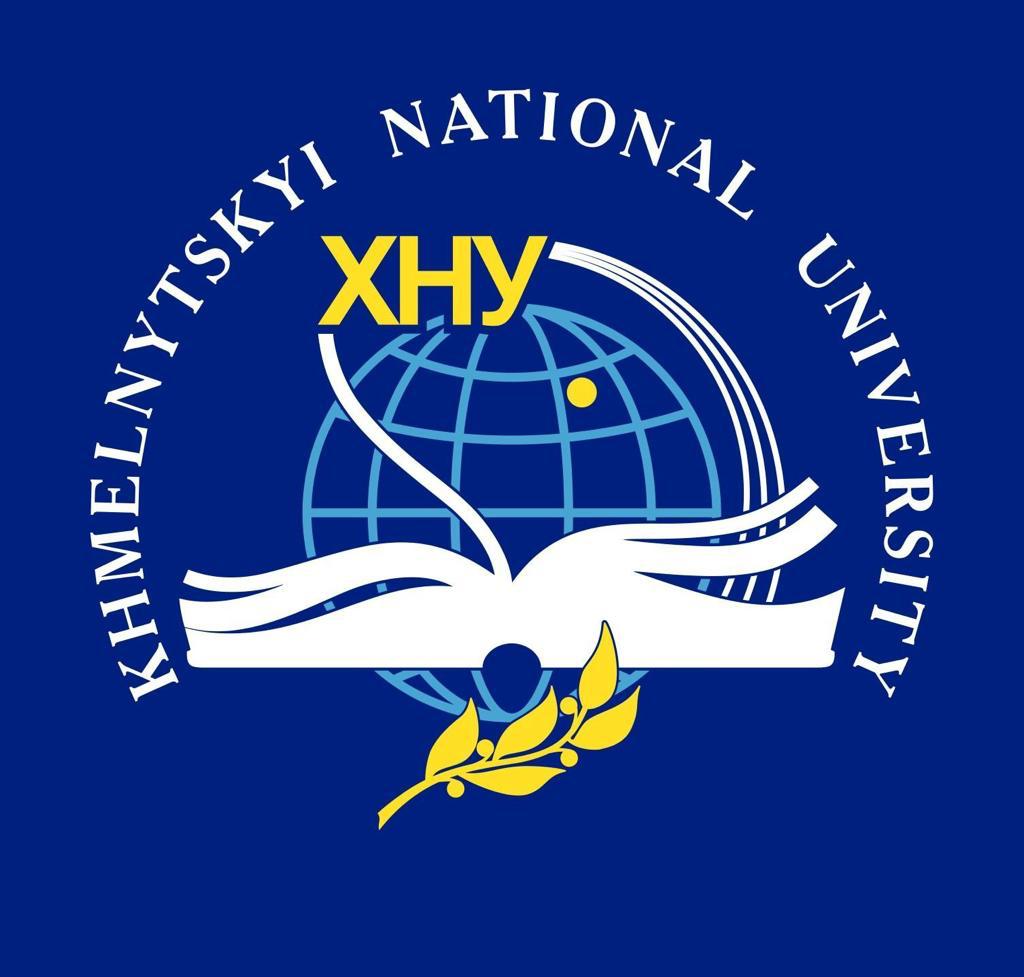COMPONENTS, CRITERIA AND INDICATORS OF FUTURE PRIMARY SCHOOL TEACHERS' READINESS TO USE INNOVATIVE TECHNOLOGIES
DOI:
https://doi.org/10.31891/pcs.2022.3-4.5Keywords:
professional readiness, pedagogical activity, components, cognitive, value-motivational, personal-activityAbstract
The training of a new generation of primary school teachers, who are able to depart from traditional forms and methods of working with students and at the same time perceive and extrapolate new pedagogical experience, new technologies, forms and methods of work in their professional activities, is aimed at realizing the need to create a positive educational environment by activating intellectual and sensory and emotional resources of each student. That is why there is a need to use appropriate pedagogical technologies in professional education. This, in turn, actualizes the need to include appropriate content in the subject-methodical training of future primary school teachers, requires rethinking and searching for new organizational forms and methods of training that would improve its quality and effectiveness, expand and deepen the content of professional training. This is due to the latest trends in the development of social, interstate, and cultural relations in the field of professional and pedagogical training of specialists and is the subject of special attention of the state, which is reflected in the main documents that determine the priorities of the educational policy of Ukraine: the laws of Ukraine "On Education", "On Higher Education" , "On the national informatization program", state programs "Information and communication technologies in education and science" for 2006-2010, Concept of implementation of state policy in the field of general secondary education reform "New Ukrainian school" for the period until 2029, Concept of media implementation of education in Ukraine (2010), Strategy for the development of the information society in Ukraine (2013), etc.
References
Belcheva, T. F. (2007). Formation of future teachers' readiness to compose and solve educational and cognitive tasks in primary school: Candidate of Pedagogical Sciences. Melitopol, 251.
Bondar, V. I. (2006). Management of the formation of professional competence of the teacher // Education and management. № 9, 20-27.
Gilbukh, Y. Z. (1993). Temperament and cognitive abilities of the pupil. K.: Institute of Psychology of the Academy of Sciences of Ukraine, 272.
Goncharenko, S. (1997). Ukrainian pedagogical dictionary. Kyiv: Lybid, 374.
Kryvoruchko, Y. M. (2010). Formation of the future teacher's readiness for the development of artistic and creative abilities of junior schoolchildren: author's diss. Chernihiv, 21.
Maximenko, S. D., Zaychuk, V. O., & Klimenko, V. V., et al. (2004). General psychology / under the editorship of S. D. Maksymenko. Vinnytsia: Nova Kniga, 704.
Martynenko, S. M. (2008). Diagnostic activity of the future primary school teacher: theory and practice: monograph. Kyiv: B.D. Grinchenko Kyiv Pedagogical University, 332.
Martynenko, S. M. (2009). The system of primary school teacher training for diagnostic activities: Doctor of Pedagogical Sciences. К., 476.
Matvienko, O. V. (2010). Theoretical and methodological foundations of training future teachers for pedagogical interaction in the educational environment of the first grade school: Doctor of Pedagogical Sciences. К., 496.
Ostrovska, M. Y. (2021). Innovative humanistic pedagogy of V. Sukhomlynsky and the development of a new Ukrainian primary school // Collection of scientific works of RSU "Innovation in education". Rivne: RSU, № 14, 208-218.
Ostrovska, M. Y. (2021). Model of forming the readiness of future primary school teachers to use innovative technologies // Modern innovative and information technologies in the XXI century: a collective monograph. Katowice, Poland, 218-240.
Ostrovska, M. Y., & Ostrovsky, O. O. (2021). Creating an innovative environment in primary school, which carries out the educational process in an intercultural environment // Scientific Bulletin of Nizhyn State University. Ser. psychological and pedagogical sciences. № 1, 84-94.
Sukhomlynskyi, V.O. (1976). Problems of education of a fully developed personality // Selected works: In 5 volumes. K.: Soviet school, Vol. 1, 552.
Technology // The Great Explanatory Dictionary of the Modern Ukrainian Language (2003). Compiled and edited by V. T. Busel. Kyiv-Irpin: Perun, 1245.
Technology // The Great Encyclopedic Dictionary. URL: http://www.vedu.ru/ bigencdic/62617/ (accessed 18.03.2020)
Shkvir, O. L. (2018). Theoretical and methodological principles of stage training of future primary school teachers for conducting pedagogical research: Doctor of Pedagogical Sciences. Zhytomyr, 532.
Yarovaya, O. B. (2013). Didactic bases of organization of education in primary school of the European Union // Science and Education a New Dimension: Pedagogy and Psychology: scientific journal. I(6) Issue: 10, 185-189.





